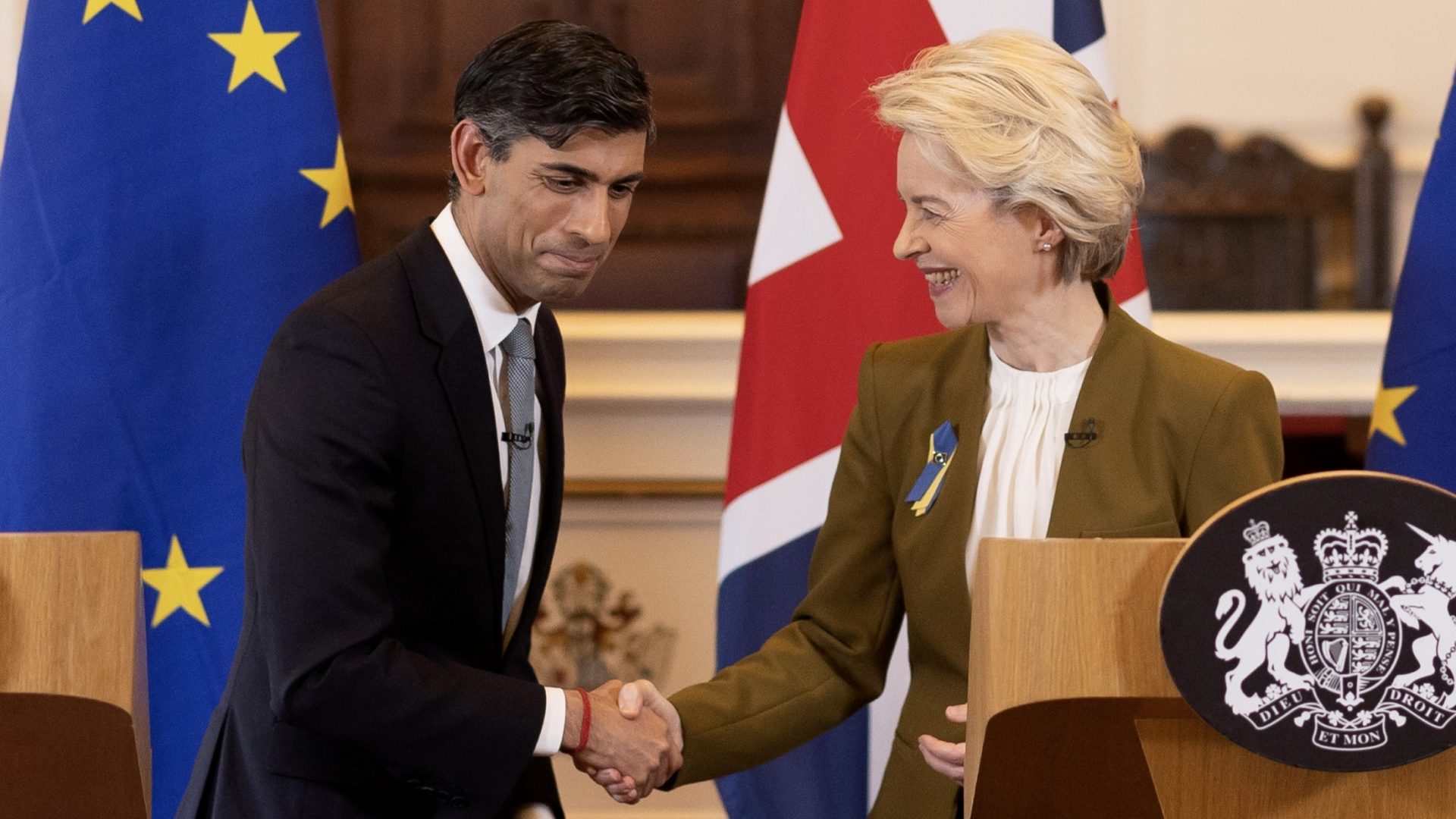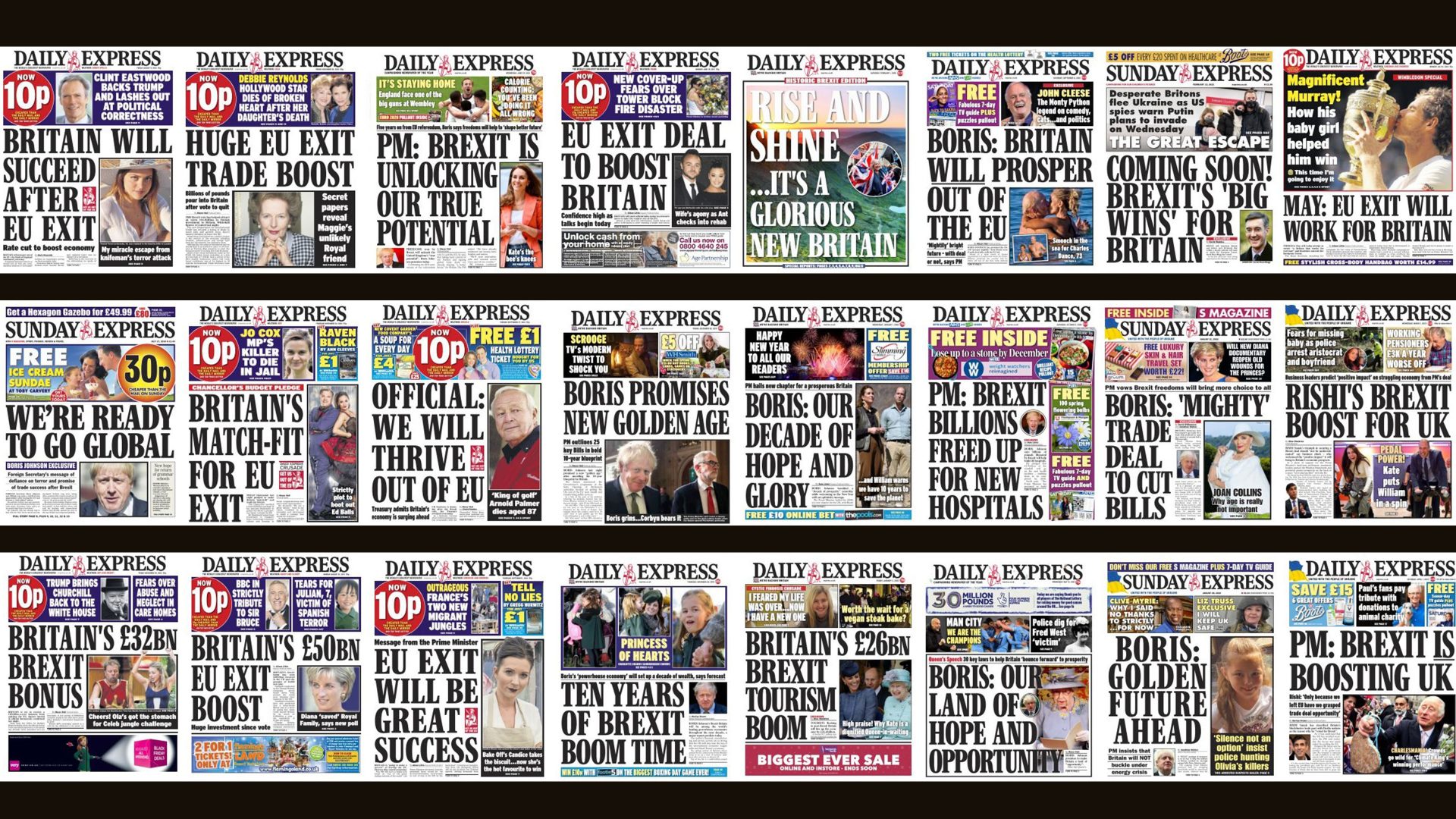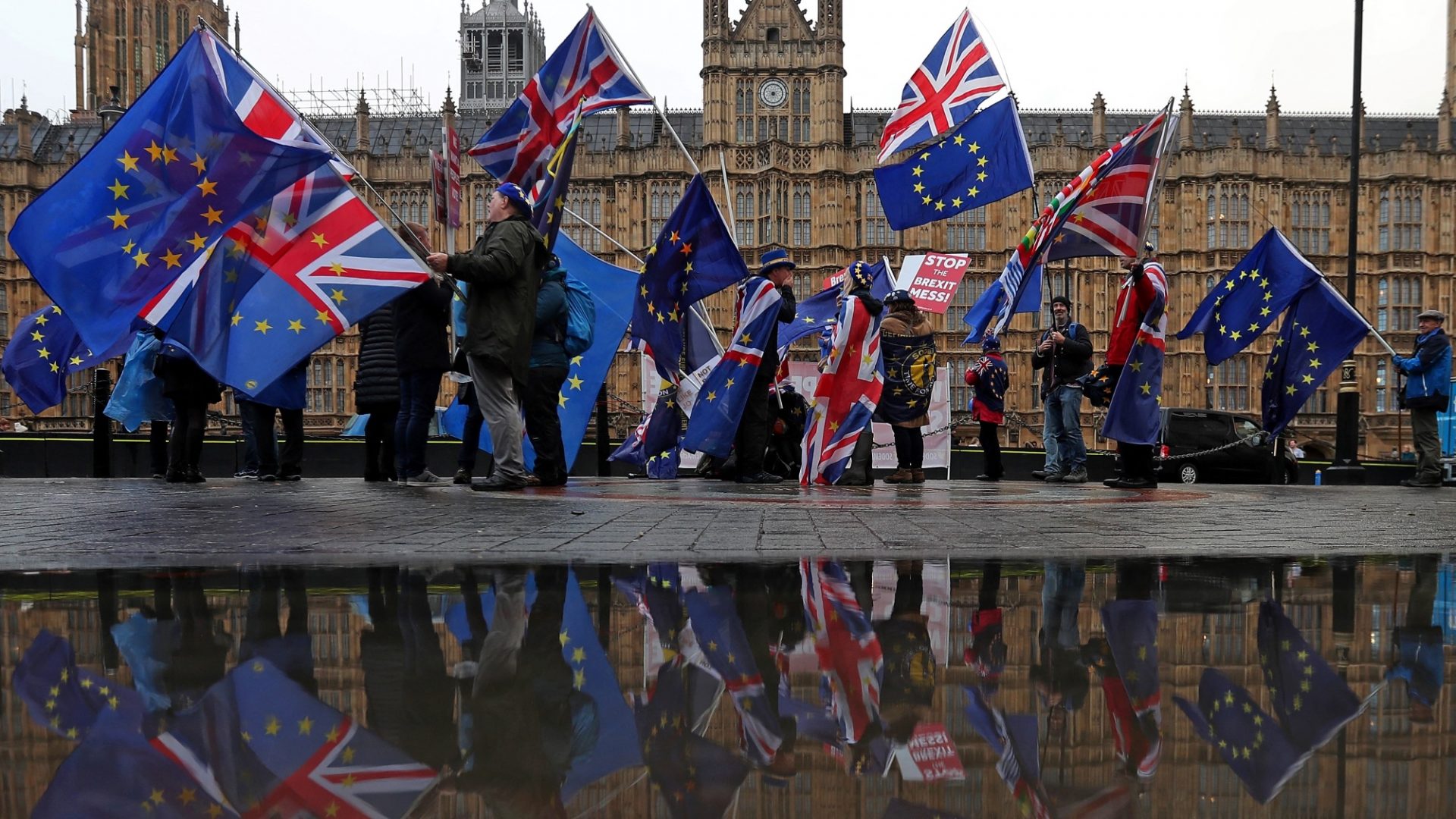Whisper it quietly, but Britain is moving closer to Europe again. Just don’t say it publicly yet.
Across European capitals, embassies are working behind the scenes to try to improve relations. It is a desperately uphill task. But even from a very low base, progress is being made.
The real question is how far diplomats are going to be instructed to go. Nobody yet knows. They are waiting for Keir (a bit like waiting for Godot). The next Labour prime minister holds the key, and he remains Delphic about his intentions.
The signing in late February of the Windsor Framework, unblocking the crisis of the Northern Ireland Protocol, gave rise to hopes that quick progress could also be made in other areas. Hopes of an early breakthrough were based on a deal that would put the UK formally back in the Horizon science scheme.
Yet instead of showing goodwill and going straight back in, the government is haggling over the price, while paying to roll over the participation of British researchers on existing projects – an approach that is pleasing no one.
Yet the body language, at least, is better. With his bear hugs for Emmanuel Macron, the warm handshakes with Olaf Scholz (that’s as far as the German chancellor goes with public displays of affection), Rishi Sunak is the first British PM the Europeans can even think of trusting since 2016.
They initially quite liked David Cameron, but he blithely told them he had the referendum all sorted; they saw Theresa May as a cold fish and chaotic (both of which she was). They found Liz Truss shrill and mad (ditto). And they couldn’t abide being in the same room as Boris Johnson.
Sunak, they see differently. They understand the weakness of his domestic position; they know that with the Tory Party in the state it is in, he must act incrementally. They know that the closer he gets to the general election the more he will feel forced to play the Europe card.
Brexit, he continues to proclaim with a straight face, has produced untold benefits. If the polls get considerably worse than they are already, he’ll be advised by his aides to pick a fight with Brussels – even from outside the bloc.
The attack lines for the election campaign are already clear. Sir Keir Starmer will be challenged again and again to rule out any attempts to rejoin the customs union or the single market for as long as he is in Downing Street. He will reaffirm his commitment to stay out, again and again. But that won’t stop him being harangued. The talk in the Mail and Telegraph will be of conspiracies and tawdry back-door deals.
The countervailing political force is less shrill, but longer term it is more persuasive. People around the Labour leader know a closer relationship with the EU will be hugely in the country’s economic interests. The task, therefore, is how to achieve it, and sell it in a political culture made toxic by decades of anti-European propaganda.
Starmer’s people were particularly delighted by the progress they made in Leave-voting areas during May’s local elections. The more he recaptures the so-called Red Wall, the more convinced he becomes of the efficacy of his “we must make a success of Brexit” mantra.
That term, while it raises the hackles of pro-Europeans, does not close off options. Except the main prize. Those still hankering for some form of direct re-entry to the EU suffer from the same island parochialism as their adversaries – misunderstanding the balance of power between the UK and the EU. While some, like Guy Verhofstadt, the former Belgian prime minister and now MEP, talk blithely about Britain being welcomed back few questions asked, the cold hard facts point to no such thing.
With no Thatcher-style rebate, no exemption from the Schengen free movement zone and probably no exemption from joining the euro (an idea that is as economically sensible as it is politically unpalatable), Britain would be required to negotiate on entirely different terms than before. Not to mention the fact that EU institutions and member states would need a huge amount of convincing that the UK might stop causing trouble.
Memories are still fresh. Re-entry into the EU will not happen – not for a long time anyway.
Short of that, a lot can be achieved. Starmer will inherit from Sunak a situation that has already improved. The baseline is getting higher all the time. This is what David Lammy was alluding to in his recent remarks about ensuring that the EU is “number one priority” in improving international relations.
Calling for “structured dialogue”, the shadow foreign secretary added: “We need to have that on a regular basis through the course of the year, meeting with our European partners. I want to get back to that.” As is part of the ritual dance, Starmer maintained his distance from those sentiments, while the Conservatives and their attack-dog friends in the media denounced them as part of the grand sell-out.
The list of potential advances is long. There is, Lammy points out, “a lot we can do around qualifications” – not just making studying in both countries easier again (Erasmus and all that) but also a return to mutual recognition for professional qualifications.
Lammy pointed out that a review of the UK’s trade agreement with the EU, likely in 2025 though its negotiator Maroš Šefčovič is talking of 2026, would give a potential Labour government an opportunity to go “sector by sector” looking for improvements. Given the 20% hit on imports and exports since Brexit, and the approximately £100bn shorn from output overall, that will not be hard.
The key for Labour is to demonstrate how closer relations will lead to tangible benefits. Much of those will not be that hard to deliver – from travelling with pets, to travelling at all (queues at Calais, queues at airports in countries that are refusing to let Brits use e-gates), to visa waivers for cultural performers, to making school trips easier again.
A year ago, Starmer set out five points to “make Brexit work”. One of those, sorting out the NI protocol, has already been achieved by the Sunak government. The others are vague enough to provide with a variety of options: to “tear down unnecessary trade barriers, support our world-leading services and scientists, keep Britain safe, and invest in Britain”. On economic links (cross-border working), on trade, on resurrecting security and criminal justice partnerships that were beneficial to all sides, and a host of other areas, he could make progress quickly.
But there is a catch. Starmer would have to change the way Britain conducts its business. Bilateral relations are important, but ultimately the most important discussions are in Brussels, with the European Commission.
Since May’s tenure onwards, the UK has tried to pretend that EU institutions do not exist. It believed that both in negotiating Brexit and in subsequent relations it could cherry-pick its dealings with member states.
Diplomats told No 10 and the Foreign Office that this was a non-starter, reminding them that even outside the EU they had to deal with the centre, just as Canada, the US and Australia do all the time. Ministers refused to listen. Their approach, both arrogant and ignorant of Europe’s workings, failed spectacularly. Member states were impressively resolute in rejecting attempts at being wooed.
This is changing, but so far by stealth. The breakthrough, or rather the fast small step, took place in Prague last October when Britain attended the inaugural meeting of the European Political Community, a gathering that included EU- and non-EU states and which was the brainchild of Macron. If Azerbaijan and Iceland, Switzerland and Georgia were going to be in the club – not to mention the hero of the hour, Ukraine – it would have been a little strange for the UK not to show up.
And all this came under the watchful eye (not) of Truss. She tried to resist – I’m told she demanded that the word “Europe” should be removed from the name of the new group (to the amusement/bemusement of other capitals). She was politely informed that this was not going to happen. A place would be kept for her… and it was up to her.
That she went was one thing; that she wasn’t attacked in the Brexit-supporting newspapers was even more intriguing. The gathering proceeded without British antics, to participants’ evident relief.
A second meeting, in Moldova a few weeks ago, was brisk and dominated by Ukraine. Sunak is now seeing his EU counterparts regularly – at the G7 in Japan, a recent meeting of the Council of Europe in Iceland, and a forthcoming Nato summit in Lithuania.
The EPC now has momentum. Spain hosts the next gathering, in October at the Alhambra Palace in Granada. Then, in spring/summer 2024, drum roll… it is the UK’s turn. For Sunak it will be an important stage, one that he will try to turn to his advantage, by focusing either on security coordination over Ukraine, or exhorting Europe to “do more” (whatever that means) on immigration. Either way, he will be centre stage – in Europe.
Starmer will have a better inheritance than he might have feared. Think back nearly 30 years, however, and recall how fundamentally the context has changed. Remember 1997, the welcome afforded Tony Blair at his first EU summit in the Netherlands, when the leaders took part in a cycling photo opportunity, allowing the British prime minister to cross the line first to show that he was “leading in Europe”.
They’ve had enough of humouring the Brits. There will be goodwill aplenty, but Starmer will be made to work very hard.




